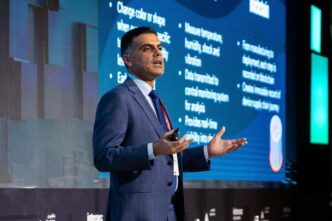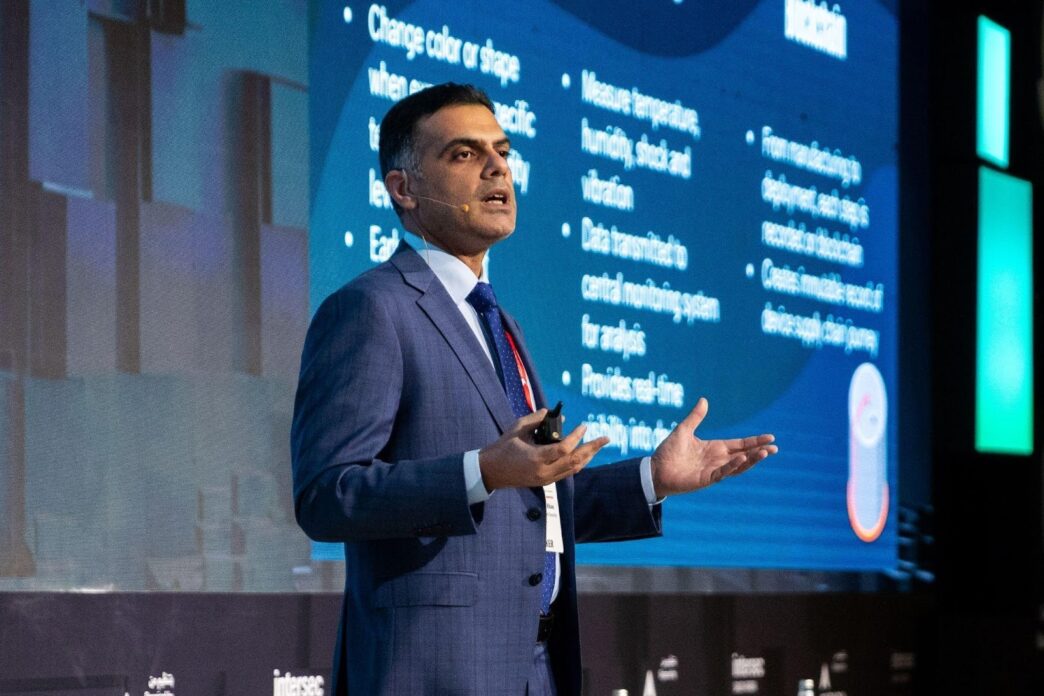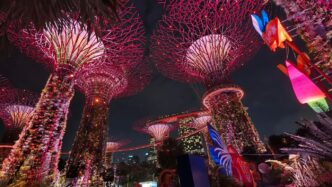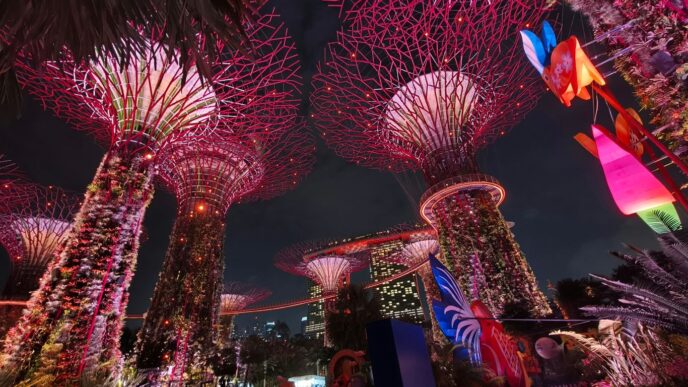RIYADH, KSA – October 06, 2025 — The seventh edition of Intersec Saudi Arabia concluded last week, having decisively set new benchmarks for the Kingdom’s security, safety, and fire protection industries. The three-day mega-event, held from September 29 to October 1 at the Riyadh International Convention and Exhibition Center (RICEC), confirmed the sector’s explosive growth, drawing a record-breaking audience of over 27,000 industry professionals and hosting more than 380 exhibitors from around the world.
The atmosphere inside the halls was charged with a sense of urgency and innovation. With Saudi Arabia rapidly transforming under Vision 2030, the sheer scale of investment in secure infrastructure was visible everywhere. From advanced robotics used in firefighting to complex cloud security platforms, the focus was firmly on the future. The Future Security and Safety Summit served as the intellectual backbone of the show, bringing together global thought leaders to tackle tomorrow’s biggest threats.
On the first day, a keynote session delivered by cyber strategist Mansoor Ahmad Khan galvanized the audience with a direct and urgent message about the nation’s digital future, positioning security as the absolute foundation of all national progress.

Khan’s presentation, titled “Security the next generation of critical infrastructure,” focused directly on the huge security challenges created by Saudi Arabia’s incredibly fast growth. He detailed how massive, visionary projects like NEOM, The Red Sea Global resorts, and the new ROSHN residential communities are far more than just construction sites; they are vast, interconnected digital cities.
He pointed out that this mixing of the physical world (like automated traffic systems, smart power grids, and water treatment plants) and the digital world (the software running them), known as “Cyber-Physical Systems,” creates many new, wide-open areas for attack. Instead of targeting a simple website, hackers can now target the code that opens floodgates or controls a city’s power supply.
Khan asserted that the old way of defending computer networks is no longer enough to protect these new, smart environments. “When we talk about the next generation of infrastructure,” Mr. Khan explained, “we aren’t just protecting single devices. We are protecting the entire flow of data, complex supply chains, and automated machines in real-time.” He warned the delegates: “A successful threat against a smart city’s automated building system is, effectively, a direct threat to national stability and public safety.”
A Shift to Proactive Resilience: The Three Pillars of Defense
The session detailed the critical change needed for Saudi organizations: moving away from the old method of waiting for problems to happen and instead adopting a new, smarter defense strategy called proactive resilience. This strategy requires security teams to be ready for the attack before it even starts.
Key takeaways for the audience including government officials and top security directors focused on three essential steps for building this resilience:
- AI for Defense: This involves using smart, local Artificial Intelligence (AI) tools to constantly watch for strange activity and spot problems in operational environments before they can cause physical breakdowns like wide-scale power outages or stopping water flow. Khan stressed that AI is the only way to analyze the huge amounts of data these modern systems generate fast enough to react to automated, high-speed attacks.
- Unified Governance: This is about creating one clear, unified set of rules for security that covers both IT (Information Technology) and OT (Operational Technology)—the specialized industrial systems that run factories, pipelines, and utilities. By bringing these two worlds together under one security umbrella, organizations can eliminate the separate departments (or “silos”) that hackers often use as easy entry points into critical control systems.
- Human Capital: The most crucial element is focusing on people. This means investing heavily in specialized training programs to cultivate a highly-skilled workforce. The goal is to grow a team capable of understanding, managing, and defending these increasingly automated, AI-driven infrastructure systems. The best technology is useless without the right human expertise to deploy and maintain it.
Mansoor Ahmad Khan concluded by firmly positioning robust, future-proof security not as a simple technical expense, but as the essential key ingredient and necessary investment for achieving the ambitious technological and societal goals of Vision 2030. The overwhelming positive response from the record attendance underscored that for the thousands gathered in Riyadh, securing the future is not just a priority — it is the most critical conversation happening today.












